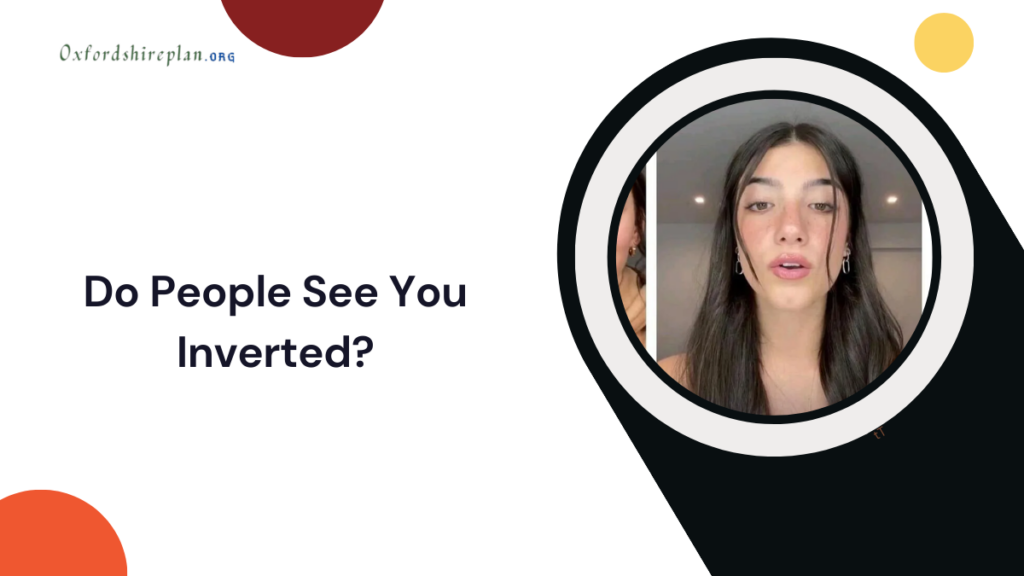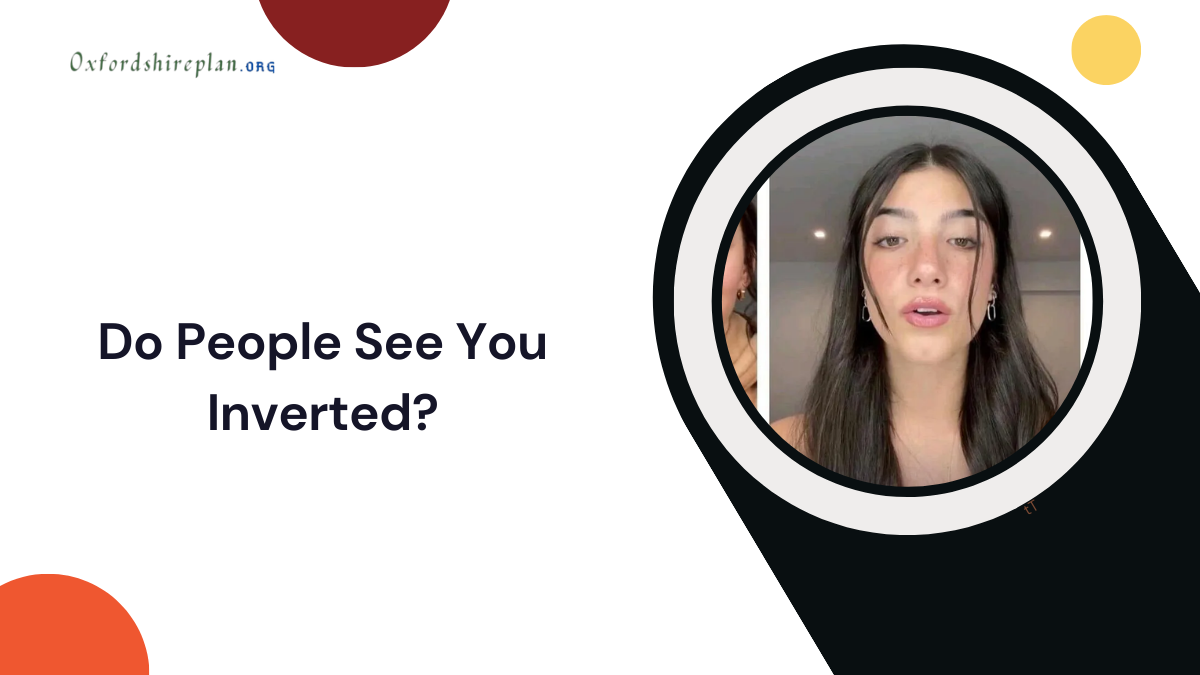Have you ever looked at yourself in a mirror and wondered, “Is this how others see me?” The concept of seeing yourself inverted is fascinating and often surprising. Let’s explore what it means, why it happens, and how it affects your perception of yourself.

Contents
The Mirror vs. Reality: How Others See You
When you look in a mirror, you see a reflection—an image reversed from left to right. But when others look at you, they see the actual orientation of your face. This difference can sometimes make people feel that their photos or videos look unfamiliar or even “wrong.”
Key differences between mirror images and how others see you:
| Aspect | Mirror Image | Real-Life View |
|---|---|---|
| Orientation | Left-right reversal | True-to-life |
| Familiarity | Feels normal | May seem unfamiliar |
| Perception by others | Not applicable | Authentic |
Why Does the Inversion Matter?
The idea of seeing yourself inverted sparks curiosity because of how the human brain processes familiarity. Here’s why it feels different:
- Familiarity Bias:
You’re used to seeing your mirrored image daily, so a non-reversed version can seem strange. - Symmetry and Features:
Minor asymmetries in your face become more noticeable when viewed in their true orientation. - Emotional Connection:
You associate your mirror image with your identity, making any deviation feel alien.
How Can You See Yourself as Others Do?
If you’re curious about how others perceive you, there are simple ways to see yourself as they would:
- Flip Your Photos or Videos:
Use apps or software to flip your selfies horizontally. - Record a Video:
Record yourself talking, then watch it without reversing the image. - Use True-Mirror Technology:
Invest in a true mirror, which shows your reflection without inversion.
The Psychological Impact of Inverted Images
Seeing yourself as others do can stir up emotions. Some might feel uncomfortable, while others may find it enlightening. Here’s why:
- Self-Image Concerns:
You may become overly critical of your features. - Boost in Confidence:
Once accustomed to it, seeing yourself this way can boost self-acceptance.
Embracing Your True Self
Whether it’s inverted or not, your reflection is just one perspective of who you are. Remember:
- Your loved ones recognize and appreciate you, no matter how you’re oriented.
- Focusing on your personality, skills, and kindness is far more impactful than fretting over your reflection.
Key Takeaways
- Your mirror image is reversed, but others see you as you truly are.
- Familiarity with your mirrored self can make the real orientation seem odd.
- Tools like flipped photos or true mirrors can help you understand others’ perspectives.
Ultimately, beauty lies in embracing yourself as you are, inverted or not.
Click here to learn more

I am a dedicated lifestyle and fashion enthusiast, always looking for the latest trends and timeless styles. With a flair for creativity and a passion for self-expression, I provide fresh insights and tips on elevating everyday living and personal style.
















